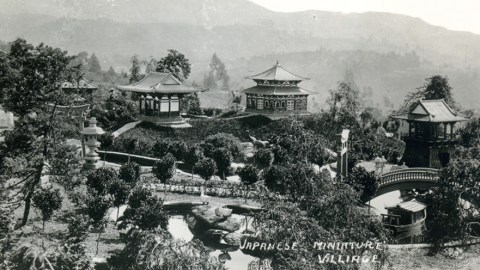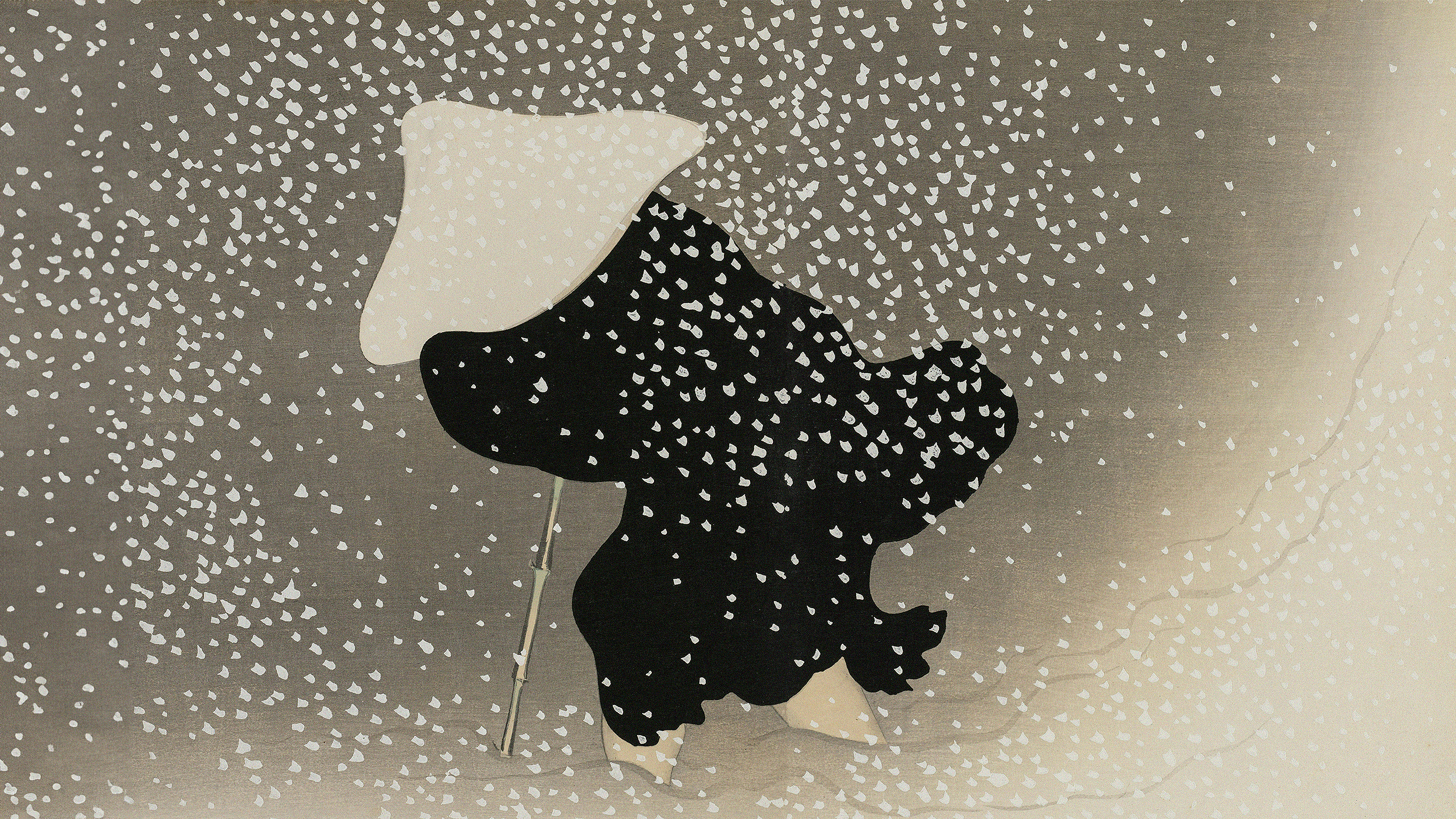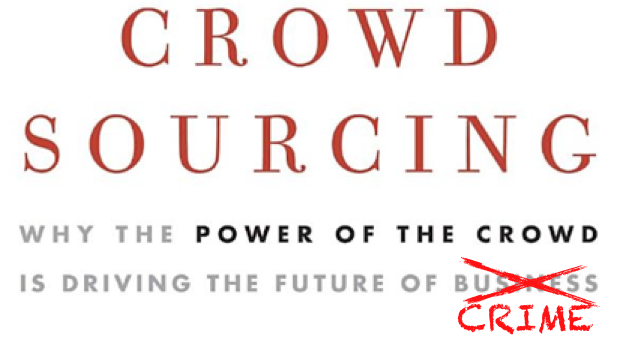Sign up for Big Think on Substack
The most surprising and impactful new stories delivered to your inbox every week, for free.
As if checking out satellite photos of your home’s rooftop weren’t enough fun, Google Earth expanded to the bottom of the the ocean, the surface of Mars, and, of course, life in the past. So why has this unnerved the government of Japan?
While Google ran into privacy objections when the company created the street view feature of Google Earth, they probably weren’t expecting an uproar when they quietly uploaded historical maps of feudal Japan onto the service. But uproar is just what they got.
That’s because publishing the maps plunged the world’s largest search engine into centuries-old civil strife. Japan’s rigid caste system of the feudal era, prejudice from which lingers to this day, ostracized the lower class called
burakumin. These people did dirty jobs like grave digging and butchering, and had to live isolated from everyone else.
Google’s problem is that the maps, which actually belong to the University of California, Berkeley, showed these villages. And by combining the old maps with modern satellites images, it was easy to identify where those villages would be in present day Japan. That’s bad news for the descendants of the burakumin, who face still face discrimination even though the official caste system was abandoned more than a century ago—Japanese employers told the AP that some will check family records to weed out descendants of the lower class from the hiring pool. It’s not hard to see why the group’s members would oppose any tool that makes it easier to identify them, and to make them targets. The old outcast villages have largely been swallowed up by cities, which had made their original locations difficult to identify up to now.
Google initially replied to the furor by denying responsibility, saying they were only posting information, and information that belonged to somebody else—not passing judgment. A few weeks ago the company dealt with the problem by deleting from the maps any reference to the outcast villages. Of course, that didn’t make people happy, either—burakumin leaders described Google’s actions as though they were wiping out the memory of these people.
What might finally save the company’s hide would be doing what Japanese publishers do, accompanying such maps with a careful explanation of the historical context of the caste system and these villages. Maps might seem fairly innocuous, especially for a huge company like Google that compiles huge reservoirs of data featuring sources like books and magazines, which appear to be more obvious lightning rods. As collector David Rumsey, who oversees the Japanese map collection, told the AP: “We tend to think of maps as factual, like a satellite picture, but maps are never neutral, they always have a certain point of view.”
Sign up for Big Think on Substack
The most surprising and impactful new stories delivered to your inbox every week, for free.






